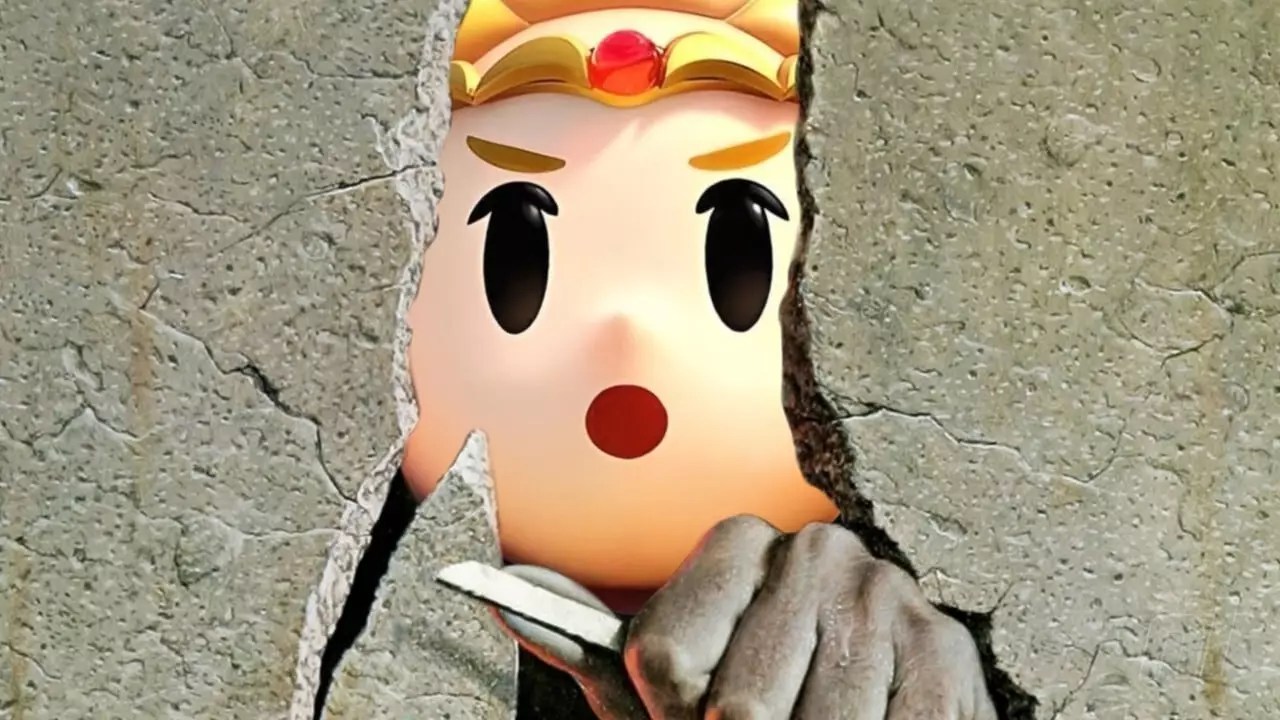The Legend of Zelda series has long captivated gamers with its rich lore, enchanting landscapes, and cleverly designed gameplay. Yet, amidst the myriad adventures and mystical quests unfolds a rather peculiar trend—the security (or lack thereof) in Hyrule’s prisons. My recent experience diving into *Echoes of Wisdom* has prompted this exploration of how Hyrule’s incarceration facilities could be labeled as more of a merry-go-round than a high-security environment.
Having spent a short amount of time in the world of *Echoes of Wisdom*, it became abundantly clear that Hyrule’s prisons leave much to be desired. The very moment I witnessed Link confined to his cell, thoughts raced through my mind—not about methods of escape or narrative intrigue but about a glaring oversight in design. With an exit visible above the bench where Link sits in captivity, the inadequacy of the security measures raised a better question: can they truly claim to keep a hero like Link locked away?
It’s amusing to reflect upon a game that celebrates adventure and exploration continuously showcasing its prisons as laughable labyrinths waiting to be exploited. One might argue that the escapability of these cells is a deliberate design choice meant to uphold the spirit of the narrative, yet the pattern of mistakes appears consistent across the franchise, begging for more serious consideration from the kingdom’s planners.
The faults become even clearer when you analyze specific instances, such as those seen in *Twilight Princess*. In one memorable scene, Link is imprisoned under seemingly secure conditions, only to find that he can easily escape by breaking through a wooden crate. Basic materials act as pathetic barriers to one of the most iconic heroes in gaming history. This thought alone betrays a concise failure in prison design—if the authorities see fit to imprison a shape-shifting wolf, a carpenter’s crate in the corner hardly constitutes as a formidable deterrent.
Moreover, in *A Link Between Worlds*, while the Thieve’s Hideout initially appears better organized, its own flaw cannot be overlooked. The presence of a conspicuous switch—essentially an invitation to escape—sits in plain sight, rendering the prison utterly ineffective. It raises the question: is Hyrule’s prison system a case of negligence or a reflection of absurdity intertwined with game design?
Safety in Secrecy: The Importance of Concealment
Another unsettling trend is the overtly visible control mechanisms scattered throughout Hyrule’s prisons. A prime example lies within *Wind Waker*, where players can free Tingle by simply lifting a stack of strategically placed vases, suggesting a significant lapse in security protocol. One would expect a prison designed for individuals with magical abilities to have better safeguards in place—perhaps even a minimum requirement for trial-and-error exploration from a design standpoint.
Concealing switches and unlocking mechanisms should be a fundamental concept in security—a reality that Hyrule feels little inclination to adopt. If the prison staff demonstrated an increased awareness of the intrinsic qualities of their captives, perhaps they would reconsider how to effectively manage incarceration. Unfortunately, it appears that the authorities are content to rely on easily breached defenses, oblivious to the overarching implications.
Design Flaws Reflecting Narratives of Ineptitude
Beneath the charming surface of these games lies a consistent oversight in the portrayal of justice and security. The implications of these failures in prison design speak to a larger cultural critique within the franchise—a reflection of how the creators perceive the hero-villain dynamic. The joy of escaping jail cells or rescuing princesses may have overshadowed the grim reality of poor security measures and ineffective protocols. It creates an environment where the players revel in the ease of escape while ignoring the troubling narrative they propagate.
In wrapping up this exploration, it becomes clear that while the escapism and whimsy of *The Legend of Zelda* franchise remain beloved components for fans, Hyrule’s prisons serve as a comic reminder of what happens when security measures are treated as afterthoughts rather than necessary components of world-building. As *Echoes of Wisdom* unravels, it sets the stage for further head-scratching escapades. Ultimately, one can only hope that as the series evolves, the kingdoms within Hyrule shift their focus from the fanciful to the plausible, paving the way for a future in which even heroes face the grim realities of consequence.


Leave a Reply